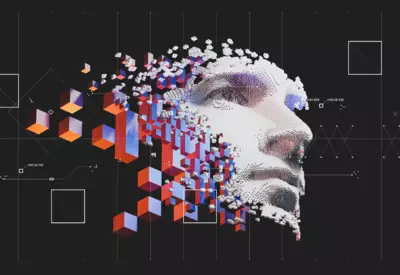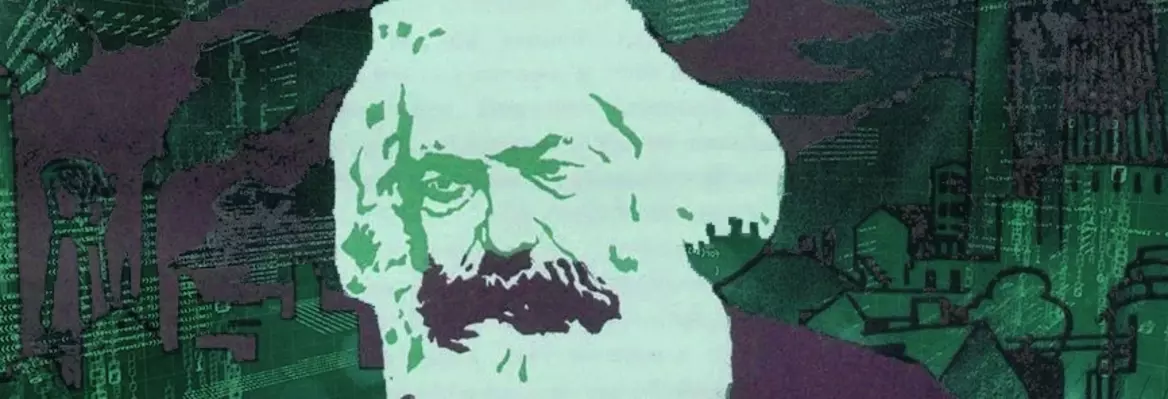The explosion in AI has led many to speculate about how it will impact our lives. Will I lose my job? Will it erode our rights? Will it worsen inequality? But perhaps to understand the present, we should analyse the unique role technology has played in our economic and social relations. Assistant Professor Matthew Shafer argues we need to re-engage with Marx and Engels' dialectical materialism to fully understand not what AI does, but the possibilities it creates.
The phrase “Marxist theory of technology” typically suggests images of factories, machinery, and automation—the mechanization of economic production, from the steam-engines of nineteenth-century textile mills to the computerized assembly-lines of contemporary automobile plants. The continual technological transformation of economic processes enabled the exploding wealth of capitalist societies in the decades before Marx’s time, just it has reshaped them in the century and a half since. In “Machinery and Large-Scale Industry,” which is by far the longest chapter of Capital (bulky enough, indeed, that it could have been a book of its own), Marx argues that capitalist society is distinctively technological in a historically-specific way, for competition between firms within each sector of the economy—and competition between different sectors of the economy as a whole—demands constant invention and change.
The relentless development of new productive techniques is fundamental to the dynamism and the domination of capitalist life. The meaning of technology in history, like the meaning of technology for our own future today, cannot be properly grasped unless its relationship to society is understood as a contingent and interactive one—a critical task that must find its tools not only in Marx but in Engels as well.
 SUGGESTED READING
We need to democratize AI
By Hélène Landemore
SUGGESTED READING
We need to democratize AI
By Hélène Landemore
Marxist theorists have long argued about technology as much with each other as with their non-Marxist opponents. The Communist Manifesto had famously suggested that the capitalist class “cannot exist without constantly revolutionizing the instruments of production, and thereby the relations of production, and with them the whole relations of society.” That phrase from the Manifesto might suggest that Marx and Engels embraced a certain “technological determinism” in their view of history. In the twentieth century, such a reading of Marx was characteristic of major strands within the orthodox materialism of party communism, and it remained significant for certain influential reevaluations of his work in academic quarters as well (most notably that of “analytical Marxism”). But this view, that technological change is the origin and not also the result of social transformation, is as dangerous politically as it is untenable historiographically: for some socialist states and their rulers, it helped legitimate industrialization without democratization, while for some activists and theorists, it has inspired a false confidence (whether “economistic” or “accelerationist”) that innovation alone will save us from catastrophe. More recently, however, both interpreters of Marx and theorists of Marxism have increasingly turned away from this once-presuppositional emphasis on the role of technology in shaping not only what actually happens but also what is possible at all. The last several decades have seen a flowering of new and innovative reinterpretations of Marx’s work, many of them in tension with each other in totally new ways; but from the socialist-feminists to the “value-form” theorists, what is typically shared by the best of these new approaches is a conviction, most basically, that social relations determine technological development, not the other way around. The smartphone is a product of our social form, not our social form a product of the smartphone.
___
Society makes the smartphone, and the smartphone changes what society can be.
___





















Join the conversation